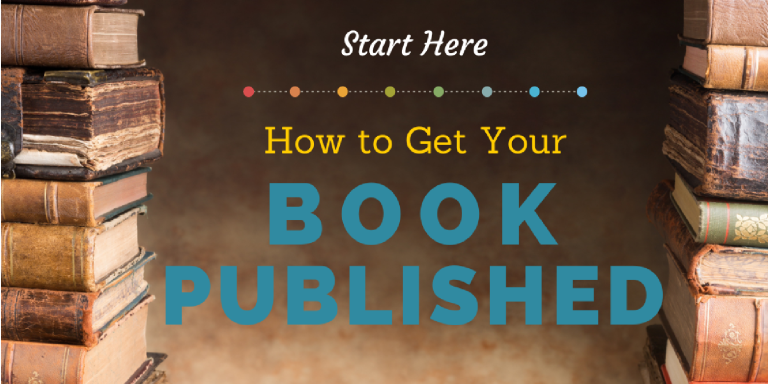For many aspiring authors, the dream of seeing their book on shelves has long been tied to securing a deal with a major publishing house. However, the literary landscape has changed dramatically. Today, writers have more control, flexibility, and opportunity than ever before—even without the backing of a big-name publisher. If you’re wondering how to get your book published on your own terms, you’re not alone. Let’s explore how you can navigate the publishing world with confidence, including the rising role of hybrid publishers.
Understanding the Modern Publishing Landscape
Before diving into your publishing options, it’s essential to understand how the industry has evolved. Traditional publishing, while still a viable route, has become increasingly competitive and selective. Meanwhile, independent publishing avenues—such as self-publishing and hybrid publishing—have opened doors for authors looking for more creative and financial control over their work.
Self-Publishing: Total Control, Total Responsibility
Self-publishing allows you to retain complete ownership of your book. Platforms like Amazon Kindle Direct Publishing (KDP) and others have made it easy for authors to upload, market, and sell their books without the need for a third party.
Pros:
-
Full creative control over content, design, and pricing
-
Higher royalty rates compared to traditional publishing
-
Faster time-to-market
Cons:
-
All production, marketing, and distribution responsibilities fall on the author
-
Risk of limited exposure and sales without a strong promotional plan
Self-publishing is best suited for authors who are entrepreneurial, detail-oriented, and ready to wear multiple hats.
Hybrid Publishers: The Best of Both Worlds
If you’re looking for professional support without giving up all rights to your work, hybrid publishers might be your perfect match. These companies operate between the traditional and self-publishing models. Authors contribute financially toward production and marketing costs, but in return, they receive expert guidance, editing, and design services.
Why choose hybrid publishing?
-
You maintain ownership and typically earn higher royalties than with traditional publishers.
-
Your book receives professional treatment—editing, design, distribution, and even marketing.
-
Hybrid publishers often vet submissions, which means being accepted adds credibility.
Important Tip: Always research a hybrid publisher thoroughly. Look for transparency in pricing, rights, and services. Not all hybrids are created equal—some may lean more toward vanity publishing.
Building Your Author Platform
Regardless of the publishing route you choose, building a strong author platform is essential. This includes:
-
Creating a website or blog
-
Building a presence on social media
-
Engaging with readers and other writers online
-
Collecting email subscribers for future book releases
A strong platform not only helps sell books but can also attract publishers or literary agents for future projects.
Editing and Design: Don’t Skimp
Professional editing and design are non-negotiable if you want your book to stand out. Invest in:
-
Developmental editing to refine structure and flow
-
Copy editing to fix grammar and syntax
-
Cover design that grabs attention and matches genre expectations
Even self-published and hybrid-published books need to meet professional standards to compete in the marketplace.
Marketing Your Book Independently
Marketing is the lifeblood of book sales. Without a large publisher’s resources, independent authors must become their own promotional engine. Effective strategies include:
-
Running online ads (Amazon, Facebook, etc.)
-
Launching a book blog tour
-
Hosting giveaways or events
-
Collaborating with influencers or book clubs
You don’t need a massive budget, but you do need consistency and a plan.
Print, Digital, or Both?
Today’s publishing tools make it easy to release your book in multiple formats. Consider:
-
E-books for global reach and low overhead
-
Print-on-demand (POD) for physical copies without bulk orders
-
Audiobooks as a growing market for on-the-go readers
Offering multiple formats increases accessibility and boosts sales potential.
Final Thoughts: You Don’t Need Permission to Publish
Publishing your book without a big publisher isn’t a fallback—it’s a powerful, strategic choice. Whether you self-publish, work with hybrid publishers, or blend both approaches over your writing career, what matters most is delivering a high-quality book and connecting with your audience.
Your story matters, and in today’s world, you don’t need anyone’s permission to share it. You just need the right plan—and the perseverance to bring your vision to life.





